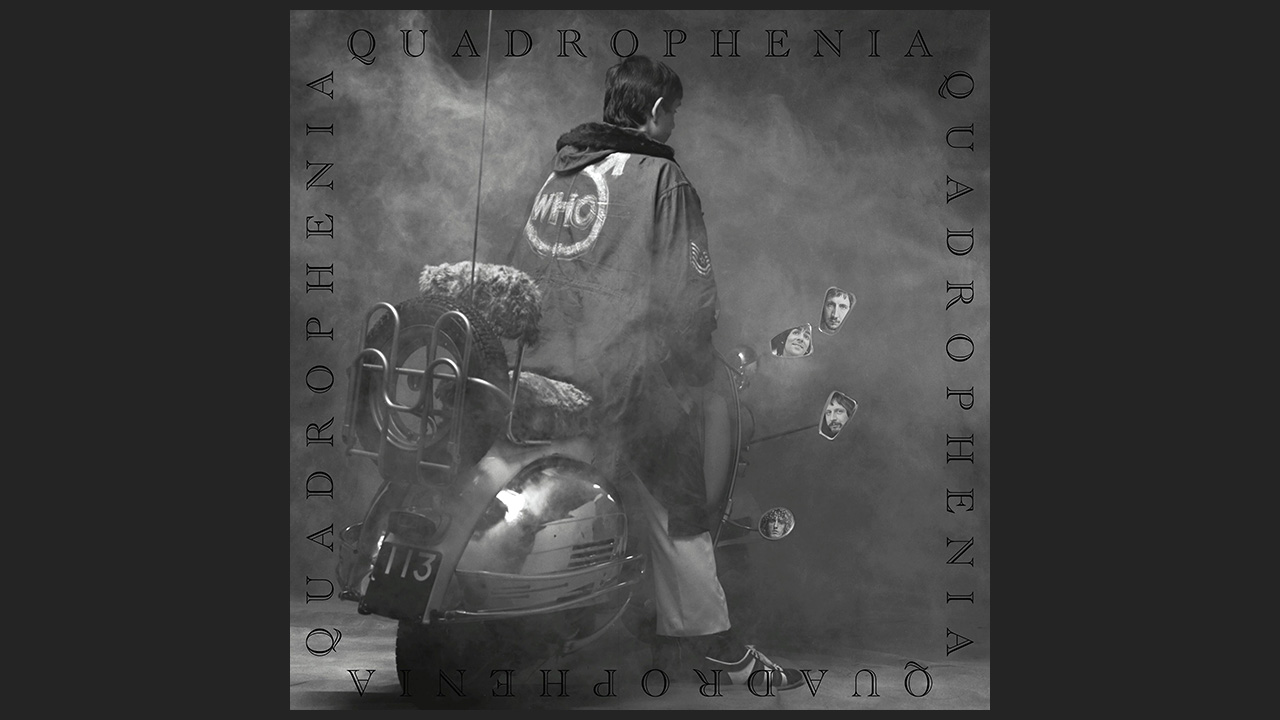The Who’s sixth album is many things to many people. To some it’s the musical comedown that followed the R&B-infused mod scene of the early 60s. To others it’s the template for the subsequent film, which was more of a late 70s period piece. Then there are those who consider it to be The Who hitting a creative peak that would never be topped.
One thing is certain: for all its nostalgia for a previous decade, Quadrophenia is a product of the early 70s prog scene, influenced in scope and structure by emerging bands who helped make 1973 arguably the genre’s most vintage year. ELP, Genesis, Caravan, Yes, Rick Wakeman and Gong all put out key albums within weeks either side of Quadrophenia, while earlier that year saw the release of Pink Floyd’s The Dark Side Of The Moon, which The Who’s opus sits comfortably beside as a progressive, occasionally pastoral, often challenging and quintessentially English work.
Conceived by Pete Townshend as “hard and grandiose music”, Quadrophenia tells the story of young Jimmy, a restless, working-class “mountain of paranoia” struggling against a backdrop of unemployment, parental pressures and excessive amphetamine use. Mod culture and trips to Brighton provide an identity before the real Jimmy pushes out from behind the armour of his fashionable accoutrements into a total mental breakdown.
So far, so standard teen rebellion story – on paper, at least. But this is a musical concept, where separate musical pieces join to form a cohesive narrative in which opera meets prog and things get weird. Another prog conceit: the album takes us on two journeys, external (from the city to the sea) and internal (from youthful arrogance to despondency and despair), which coalesce into a dramatic musical conclusion. Drunk and high, Jimmy steals a boat and ends up rain-soaked and marooned on a rock in the English channel, as described in the instrumental The Rock and the final plea for help of Love Reign O’er Me.
Musically, the album is certainly complex enough to be part of the wider prog world. Excursions into ethereal, psych-folk melodies on The Punk And The Godfather rub up against thunderous rock bombast; where the fantastical soloing and strident synths of the title track lead into snippets of seaside sounds or a snatch of Sousa’s late 19th-century military march The Thunderer (on The Dirty Jobs).
Quadrophenia is as its name suggests: a multi-faceted creature whose title refers to both the then-emerging quadraphonic sound technology and the alleged four personalities of a certain member of The Who. It is a prog-related conceptual classic.
